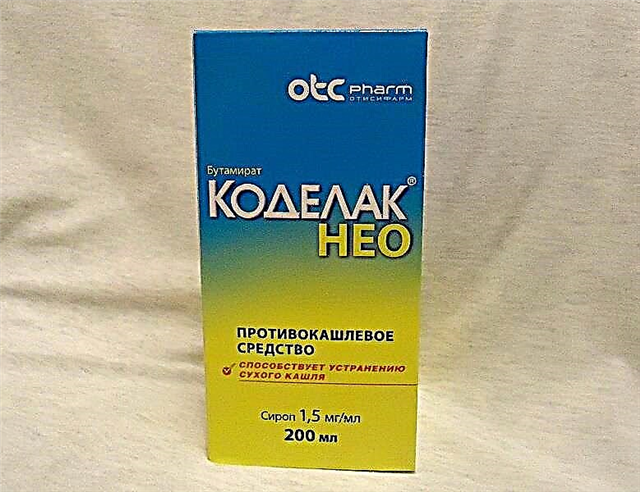
Butter is considered a food that is included in the diet of babies in the first year of life. Therefore, any mother should know when to start giving oil to a baby, whether it is good for a child under one year old and what to do if the baby eats a lot of such a product and constantly asks for it.

Benefit
- Butter acts as an additional source of energy, because it contains a lot of healthy fats that are well absorbed in the child's body.
- Cholesterol, received by a child from natural butter, participates in the formation of many compounds in the child's body, and also has a positive effect on intellectual development.
- From butter, the child will receive fat-soluble vitamins (primarily A, E and D), which are important for growth processes, strengthening bones, improving vision and skin condition.
- The use of butter in the period after an illness helps to quickly restore strength and strengthen the immune system.
- Such a product provides the body with salts of chromium, zinc, selenium, manganese and other minerals.
- Due to the presence of linoleic acid in natural oil, this food product resists the development of cancer.
- Regular consumption of small amounts of butter helps to cope with respiratory diseases and prevent the development of asthma.
- Ghee has a positive effect on digestion, preventing constipation and colic, and contributes to the proper development of the brain and reproductive system. It is recommended for children with lactose intolerance.

Minuses
- To butter, as well as to other dairy products, a child may develop allergies.
- Consuming too much butter negatively affects metabolic processes and provokes obesity.
- Excess oil in the diet worsens the condition of blood vessels and heart function.
See below for more details.
At what age is oil given to children?
Butter appears in complementary foods for a breastfed baby at 8 months of age. For babies who receive an adapted mixture, such a product is introduced into the diet a little earlier - already at 6 months. The popular doctor Komarovsky recommends introducing butter into complementary foods no earlier than 8 months after the child gets acquainted with kefir, cottage cheese and cereals.
Acquaintance with butter should occur after the child tastes vegetables, cereals and vegetable oil. Most often, butter is included in complementary foods in the form of an addition to cereals, since it not only improves its taste, but also has a positive effect on the digestibility of starch from cereals. In this case, add butter to the porridge before serving. (do not cook with cereals, but put in a ready-made dish).
The first serving of butter for babies is about 1 gram, which corresponds to a small amount of product at the end of the knife. With normal tolerance of the product, the portion is gradually increased until it is 1 teaspoon (this is about 5 g of oil).

How much butter to give to children?
The daily rate for children under one year old is as follows:

Further, the amount of oil in the daily diet is gradually increased. Children 1-3 years old are given from 6 to 10 g of butter per day, adding it to porridge and using it in the preparation of soufflés, puddings, casseroles and other dishes. At 3 years old, a child usually receives 10-15 grams of such a dairy product daily. It is added to cooked cereals, used in baked goods and spread on sandwiches.
Some children constantly ask their mother for pieces of butter, and parents worry if this is normal. Often the reason why children love this product is the need for energy and nutrients, and therefore babies 1-3 years old often show love for butter.
Many mothers also wonder what vitamins are lacking if the child eats butter with spoons. Indeed, the deficiency of fat-soluble vitamins, which oil is rich in, can also provoke the desire to eat such a product in larger quantities. Nevertheless, you should not exceed the daily norms of oil recommended by pediatricians, so as not to harm the digestive tract of the crumbs.

How to choose baby food oil?
The butter you are going to give to the child must be made from cream only. Buy a product with 82.5% fat, with a characteristic creamy smell and yellowish color. Baby food spreads are absolutely not suitable.
Products with the addition of margarine can be included in the diet of children in small quantities only from the age of 3.

How to make butter with your own hands?
Without a doubt, children should be given only natural foods. To be sure that the butter that is added to the baby's porridge is healthy and made from cream, many mothers decide to make this product on their own.
It is quite simple to do this, you just need to take 500 ml of heavy cream and beat in a blender for 5 minutes until the product is stratified into a harder mass and buttermilk. After draining the milk and rinsing the butter under cold water, shape the product into a ball with your hands. Store it in the refrigerator in parchment or glass or ceramic containers.


For a step-by-step recipe for making butter at home, see the next video.
Find out if your child's weight is normal using the following calculator.



